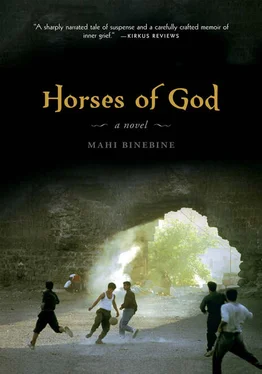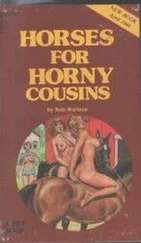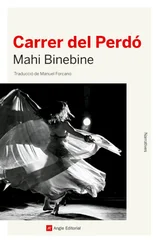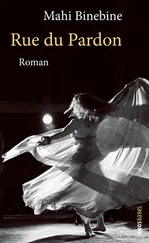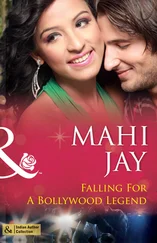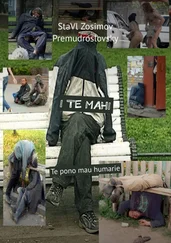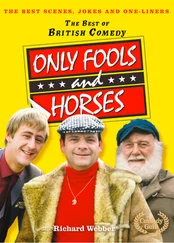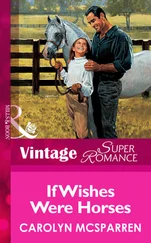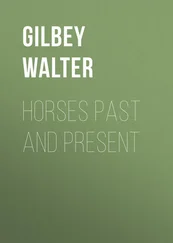We played soccer less and less, but our shack was still the Stars of Sidi Moumen’s HQ. Friends would come by in the evenings to hang out with us. We’d started drinking red wine. It was cheap plonk but it suited us. If we’d done well that day, we’d have a round of beers, which we’d buy by the case. Khalil the shoeshine had done time for stealing from a foreigner. He claimed he was innocent, saying he’d found the wallet on the ground after he’d polished the tourist’s shoes. The police didn’t see it that way and he got three months behind bars. Khalil was seething with rage. He wanted to leave, go to Europe, where people had rights. And if, by some mishap, someone was wrongly accused, they’d get a fortune in compensation. Yes, he was very seriously thinking of getting together the necessary amount to slip across to Spain and leave this godforsaken country. But there was that story his cousin had told us about what happened to illegal immigrants, which wasn’t exactly encouraging. On a northern beach, as he waited for the crossing to Algeciras, he’d come across the corpse of a sub-Saharan hopeful, spewed up by the tide. A colossus of a man, whose facial features had almost completely disappeared. He’d lost a shoe and the fish had nibbled away his toes. A small crab was clambering out of his left eye. Khalil’s cousin had seen this and had given up the idea of leaving. He’d said: “You see, even the crabs wanted nothing to do with that African!”
Khalil didn’t like that story; he said that you could die anywhere — on a sidewalk, by falling out of bed, or swallowing something the wrong way. In any case, he was sticking to his plan. He said the police were scum because they’d beaten him up to make him admit to his crime. He’d finally signed his confession, but it wasn’t true at all. He’d have confessed to anything to make them stop punching him. They’d threatened to make him sit on a Coca-Cola bottle if he didn’t spill the beans. They’d taken him down to a dark cellar and shown him the pliers they’d use to pull out his nails and the electric wires they’d connect to his balls. But a couple of hard slaps and a kick had done the job. So he’d signed and signed again because the tourist in question happened to be the French consul. In court, it had all been over in five minutes, and the judges were scum too. Just like the screws, who’d roughed him up all through his interminable stay in prison.
Khalil was raging at the entire world and after one too many he was a different animal. Between us we’d tear limb from limb the judges, the police, the screws, and all the consuls on the planet. We let him talk because it made him feel better. When his face relaxed, we’d follow him in his reveries, over the Strait of Gibraltar on a makeshift raft, and Spain would be ours for the taking. Oh, those gorgeous Andalusian women, our long-lost cousins, all forlorn and yearning to be our future conquests. But Paris, only Paris really counted. Khalil would serve us up the “Champs-Elysées,” “Saint-Germain-des-Prés,” “Sacré-Coeur,” and the “Eiffel Tower”: garlanded names he’d picked up here and there, which we’d repeat all together, the way we’d learned our lessons in the Koranic school when we were small. We’d clap our hands when fortune smiled on us — when Khalil described the scene of his return to Sidi Moumen, in a brand-new station wagon with a blonde at his side and an electric guitar on the backseat. The idea of marrying a European woman, suitably fattened up on hormones, made him hard. He’d take out his stiff, fat cock and bang it on the table, saying: “And this, this is my passport to paradise!” And we’d fall about like kids. Khalil wanted to be an artist too. He’d gotten that from an American soap opera he must have watched on TV; he’d slipped inside the hero’s skin and refused to get out. When the drink went to his head, he’d start singing in a strange new language, with an English accent, prancing around and playing air guitar. Nabil couldn’t help jigging up and down with him and said we ought to form a band; we’d be so famous the whole wide world would be open to us. Talent breaks down borders, everyone knows that, so we wouldn’t need visas, or any other proof, to enter the Garden of Eden. .
Dreams, too, are contagious.
Ghizlane would come to cook for us on Fridays. She’d bring a basket of vegetables and some mutton. Nabil would help her and the two of them would prepare meals fit for a king. Her specialty was barley couscous. We’d sit round a huge earthenware dish and have a feast. Fuad would join us after school with his mobile stall, which he’d park indoors. He’d pretend to be furious when we nicked sweets from him. He’d chase us down the street and Ghizlane would laugh like a little girl. Sometimes she’d surprise us, whisking from her basket cakes that would melt in the mouth. We’d savor them outside in the sunshine. Ghizlane was growing more and more beautiful. I’d look at her breasts, which her loose smocks weren’t able to hide. They were two pears, almost ripe, with raisins on top, which poked at the embroidered cloth and seemed frustrated that they couldn’t come out into the open. I could tell they were unhappy, those pears, and dreamed of consoling them with a thousand caresses, of biting into their soft flesh, burying my nose and my senses in them and losing myself there. Ghizlane noticed my insistent stares and pretended she hadn’t. I could tell by the pupils of her eyes, which were slightly dilated, and the way she smoothed down her hair.
It was a wondrous time, I realize now, when everything seemed to come together as if by magic.
Blackie had at last rebelled and left his father’s shop. One day when Omar the coalman, over some nonsense, had raised his hand to slap him, Blackie had grabbed it and squeezed hard, signaling that he’d no longer allow himself to be beaten, and then let go, looking his father straight in the eye. It was a breathtaking moment, without precedent in the two men’s lives. Omar the coalman was suddenly aware that he was losing a second child. Blackie had grown up, he was white again because he’d gradually deserted the shop. He was a good head taller than his father. He too had understood that the estrangement was complete. It wasn’t premeditated, but it had happened. Helpless and weary, sitting on a stool between sacks of coal, Omar silently watched his son leave.
When Blackie showed up at our place with his belongings, we of course welcomed him. It was a summer evening and I remember we were sitting on the doorstep smoking kif. The moon was round and so white that we could not make out the features of our late king, who was supposed to be visible in it. Blackie sat down opposite me and I saw the light bathe his sad face. He smoked with us and started to feel better. We chatted idly, with no mention of his father. I’d been afraid of this moment, but I had no choice: leaving my friend on the street was out of the question. Nabil invited him in, pointed to a sheepskin, a blanket, and a cushion and said: “Take them, they’re yours.” And now there were three of us in the shack. It was cramped, but no one complained. Blackie tried to make himself as unobtrusive as possible, so he wouldn’t be any trouble. He helped Nabil with the cleaning and did the shopping in Douar Scouila on market days. The rest of the time, he’d do odd jobs here and there to make a bit of money and contribute to household expenses. Nabil and Blackie slept in one room and I slept in the other. My brother’s behavior had rubbed off on me, because I became, in a way, the head of the family. That authority over my friends had come about without my having to impose it. My decisions were followed to the letter because they made sense (or so I thought at the time). And that’s why, when Hamid persuaded me to attend the classes that Abu Zoubeir was giving at the garage, they all came with me, unquestioningly. So began our slippery descent into a world that was not our own. A new world that would suck us in deeper and deeper and finally swallow us for good.
Читать дальше
